By Thomas Cummings, SCA Interpretative Ranger for Monadnock State Park and Miller State Park.
Nutrition is a key component to a healthy lifestyle, especially while you’re out exploring New Hampshire State Parks. Some common trail snacks include different fruit, nuts, and even a hardy sandwich. After eating some of these, one thought may cross you mind:
“This apple core will decompose over time, so what harm will this do if I throw this apple core off into the woods.”
Here are three questions to ask yourself when you come across this thought:
Do I see any banana trees here?
The idea behind this question is seeing if the food waste you are thinking about introducing to the environment is native to the area. While yes, with enough time the banana peel or apple core will decompose, however decomposition will happen at a much slower rate. This is because the climate here in New Hampshire is vastly different then the climate these fruit grow in. These food wastes can also introduce different nutrients to the soil. This can give an invasive plant an edge over native species who may already be struggling to survive.
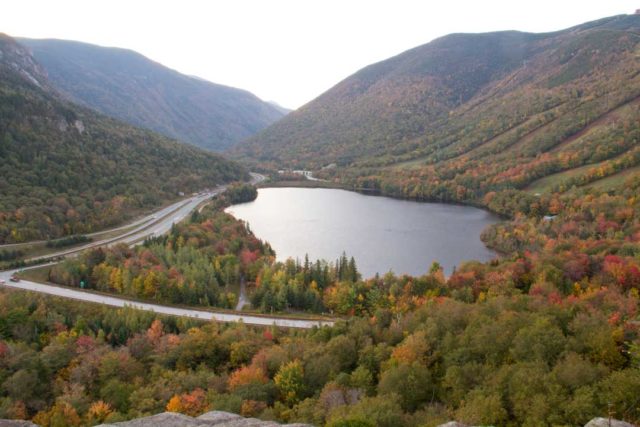
Do I want to habituate animals to human feeding?
Habituation is the process of forming a habit, or something one does day after day without thinking. Animals can become habituated to human behavior and feedings where they will soon associate humans with food. This results in problems for both parties. Animals native to New Hampshire can not digest non native food sources as well. For example, this can leave a bear feeling full, while at the same time not getting the necessary calories packed on for the winter hibernation. Ultimately this makes the bear’s life more challenging then it needs to be. From the human perspective to have a bear, or even squirrel come up to you fro feeding can be hazardous for your health.
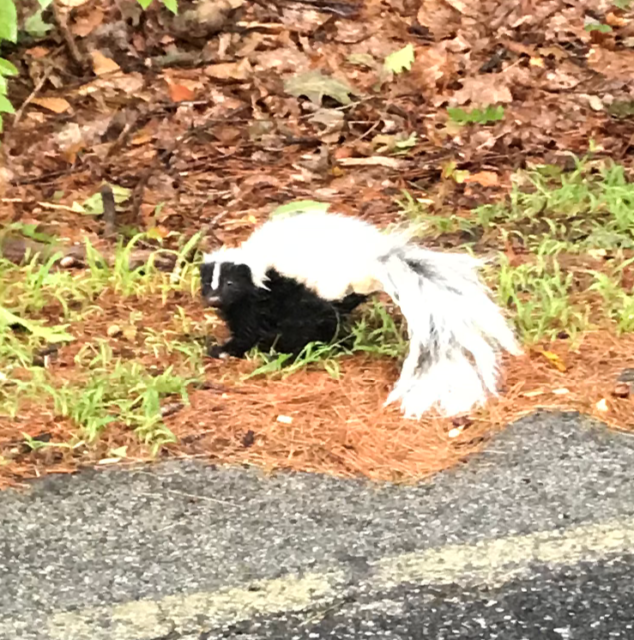
Do I want to see litter?
Some people use the outdoors for an escape. Others enjoy spending time with family and friends. However you spend your time outdoors, all would agree that seeing litter in nature is not what they came for. Some “Biodegradable” food waste I commonly see littered and end up picking up include but aren’t limited to: apple cores, banana peels, orange peels, sunflower seed shells, and pistachio shells.
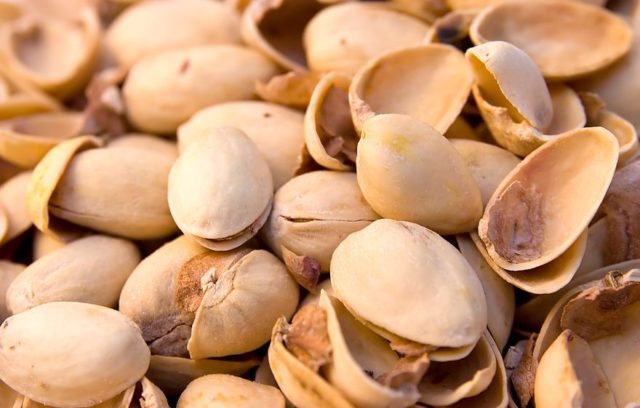
So the next time you think of tossing that core off into the bushes where no one will see it, be sure to ask yourself these three questions.
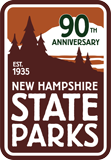
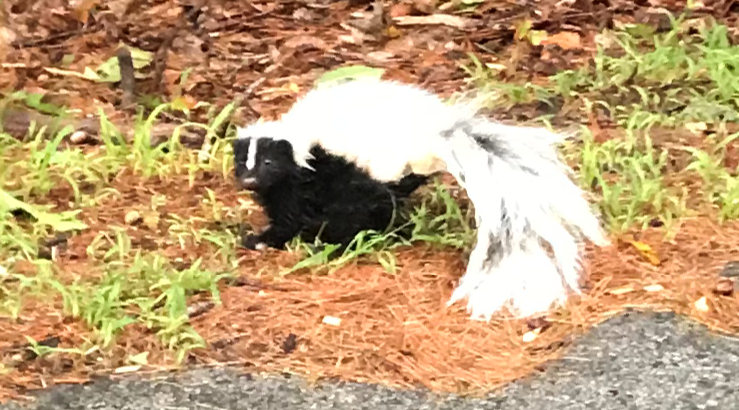
This is well worded… a reminder that humans are not the only one living here!